What to Know to Succeed at Your First ChemE Job
Looking back on my time before joining the professional workforce, I admittedly did not have a realistic understanding of what an “engineer” truly did day-to-day. While studying chemical engineering at the University of Texas at Austin, I imagined a fair amount of my early professional years would be dominated by working technical issues – completing calculations, running simulations, and designing processes.
One of my biggest surprises upon entering the workforce was that unlike my imaginings, a lot of my time was spent determining which information is correct and pertinent and how to best communicate results and issues with others.
While solving problems (a key skill of being an engineer) is an important ability, I found the mark of a great engineer is the ability to communicate difficult ideas, problems, and solutions in such a way that they can be understood easily.
This does not mean “dumbing it down” or speaking down to your coworkers or colleagues; rather, it means latching onto the most important details that your client, colleague or superior needs and explaining it concisely and accurately.
My time here at Provenance Consulting and working with clients in the industry and countless chemical engineers, young and seasoned alike, has helped me hone in on three things that make the difference between a young engineer who “gets it” and one that is stuck in that college classroom. Take a page from my book – it’ll give you a head start on nailing those first few years of your career.
#1: Engineering is WHAT You Do, but in Industry, PSM is HOW You Do It
A common complaint from young chemical engineers, specifically in regulated facilities, is an annoyance with Management of Change (MOC) and other similar programs that ensure Process Safety Management (PSM) compliance. MOCs are seen as a hassle mainly because young engineers don’t understand the value of them or how the facility’s MOCs are implemented. One benefit of a proper, functioning MOC program is that it makes the facility’s Process Safety Information – the P&IDs, H&MBs, line listings – continually accurate. One of the most surprising things to me when I began working with drawings was a common refrain from numerous operators and engineers across a number of companies and facilities:
“You can’t trust the drawings”
This phrase means that the drawings – which are critically important for new projects and general understanding of a facility – are admitted to not be correct. One of the challenges for a young engineer is figuring out which data sources to use to obtain the “correct” data, since that data may exist in four different places. For example, a maximum allowable working pressure (MAWP) might be in inspection software, relief systems design basis, original vessel calculations, on a P&ID, or any number of internal databases.
If these numbers differ, what is the correct value that should be used? At different facilities, the answer is often different.
A functioning MOC program not only ensures the facility is safe and compliant, but it also ensures that your data is correct across a number of different data sources at the facility. This is just one example of the ripple effect these parts of Process Safety have across the facility.
#2: The “Boring” Stuff Matters to Your Boss’s Boss
Ensuring you record and report correct data not only saves you time as you do subsequent work, it also becomes invaluable to the people who will use your work down the road. Large capital projects can go significantly over-budget based on the amount of time needed to verify or correct data that “should” already be correct.
Engineers who understand and ensure that information is correct are an important asset to their company. Your boss (and his boss) will notice whether he can trust your data or if there is a pattern of verification that always needs to happen.
When you are building your professional reputation, it’s these little things that can make the difference between becoming the engineer that managers can rely on, and the engineer who is inconsistent. Trust me – you want to be the former!
#3: Undocumented Institutional Knowledge is a Major Asset: USE IT
Often, a new engineer feels overwhelmed by the new responsibilities and tasks at a facility. It can feel like you are barely treading water. One of the best sources of information and help in any facility is the know-how that exists among the engineers and operators who have been at the plant for a while: the “institutional knowledge” of the facility.
Visit the field, ask questions and – more importantly – listen to the answers that they provide; most experienced personnel enjoy sharing their knowledge if you take an interest.
Oftentimes the most confusing parts of a plant or process make sense if you take the time to look at them in the field and learn the nuances of the facility. Additionally, speaking with more senior personnel allows you to develop personal relationships with them, which builds trust with your colleagues and allows for a mutual respect and better ability to work through issues as they arise.
Just because someone doesn’t have an engineering degree doesn’t mean you know more than they.
Some of these men (and women) at your facility have worked with the equipment since before you were born. The design specs may say it should work a certain way, but those operators and seasoned personnel are a wealth of practical information. Listening to them could save you significant time (and money). You’ve got to work with the entire team to be successful – you can’t just stick with engineers if you want to advance. Learn to work with everyone and understand the value they bring to the company.
Be Great, not Just Good
Being successful at engineering in the real world includes doing things that seem “boring” or “extra” and it means working with people who have a different skill set and experience than yours. A good engineer recognizes that and does what they have to. A GREAT engineer sees the ripple effect of those “small” tasks, the importance of process safety in all that we do, and that the people in our organizations with experience on the ground can be some of our greatest resources.
About the Author – James Topp




